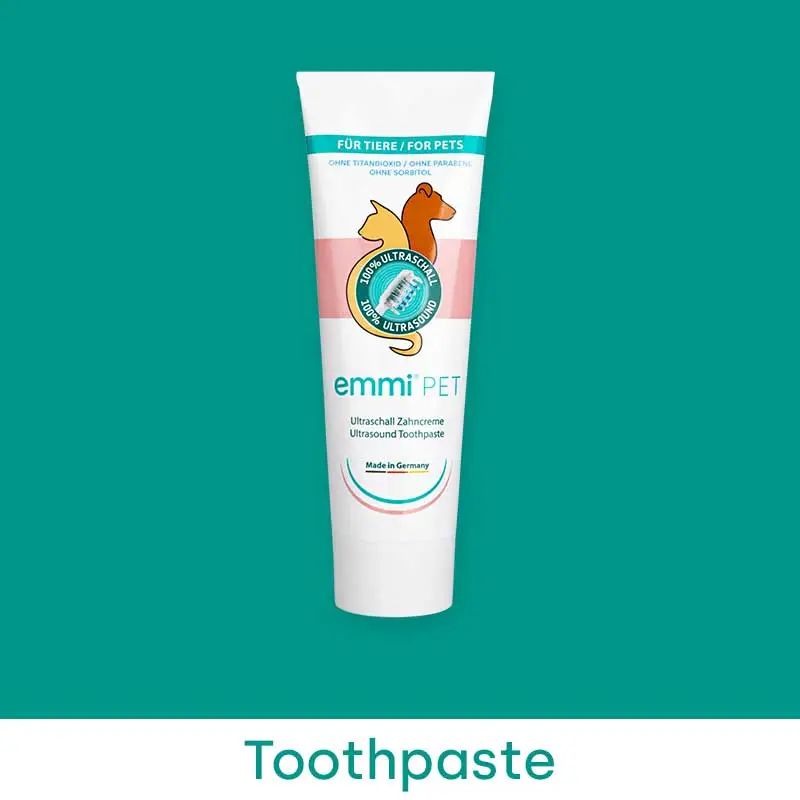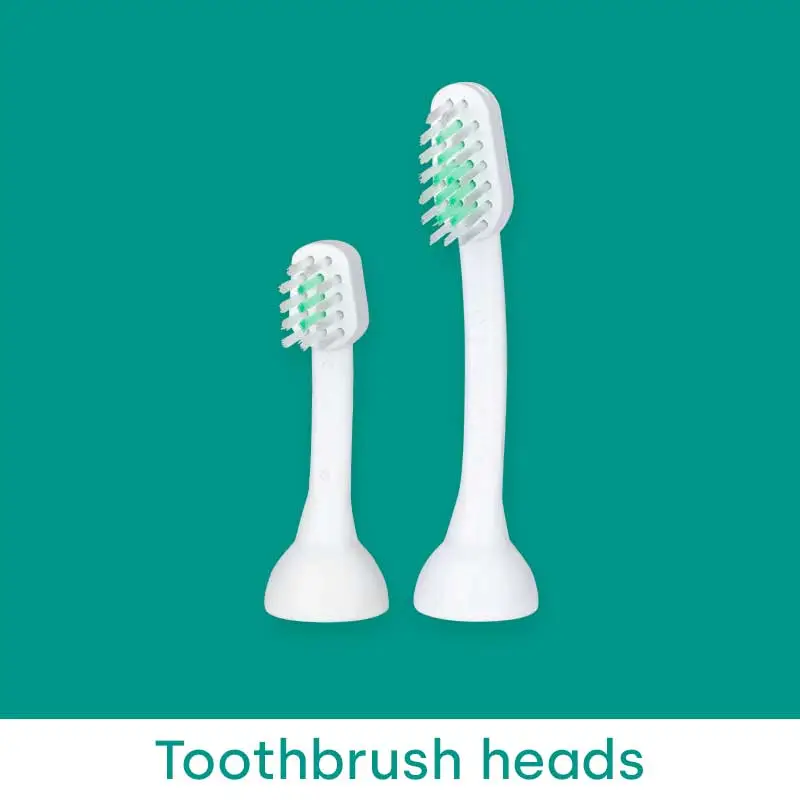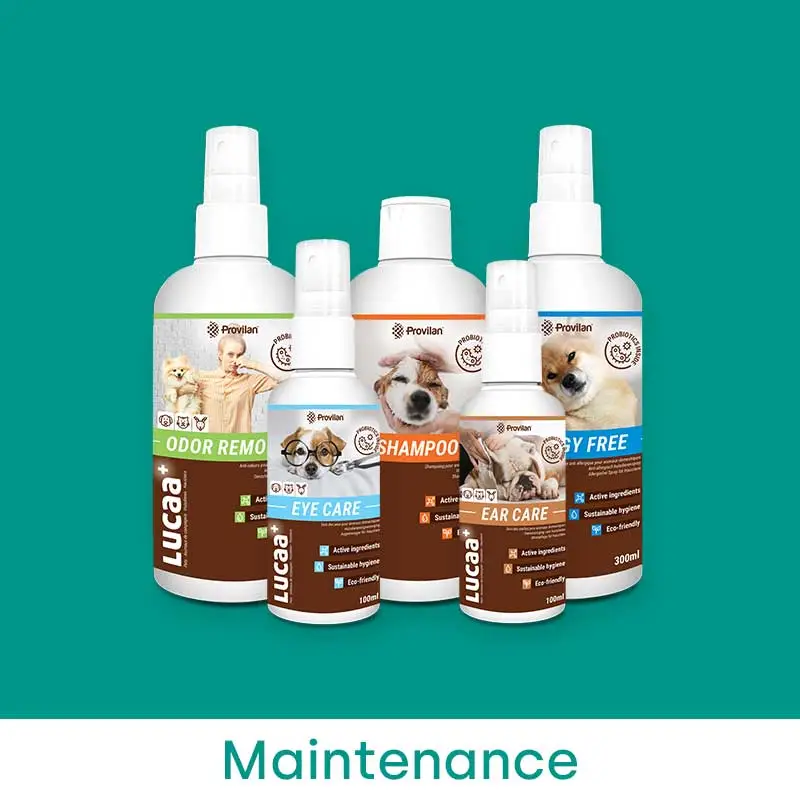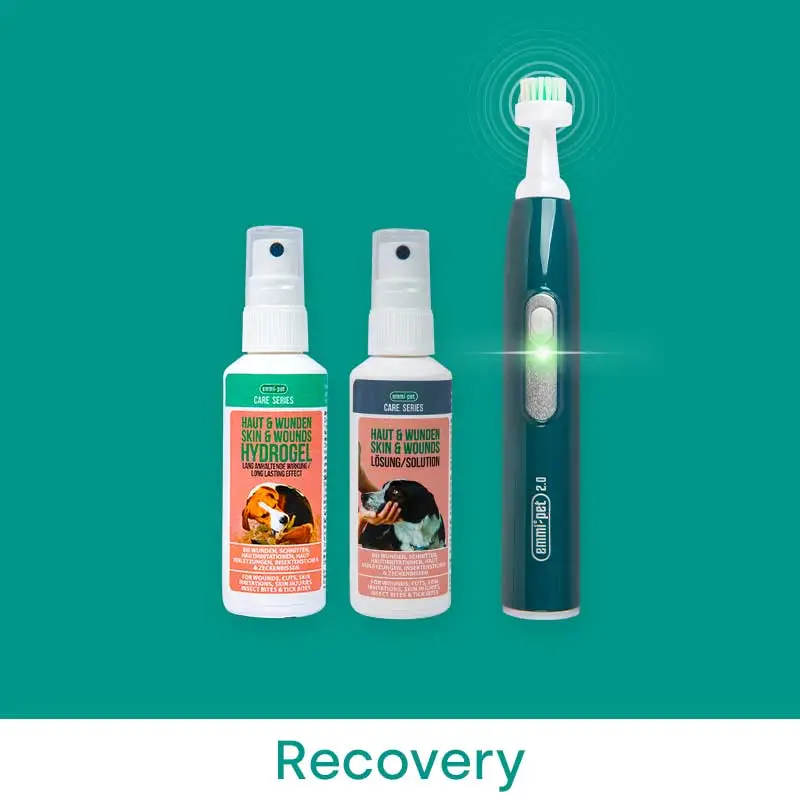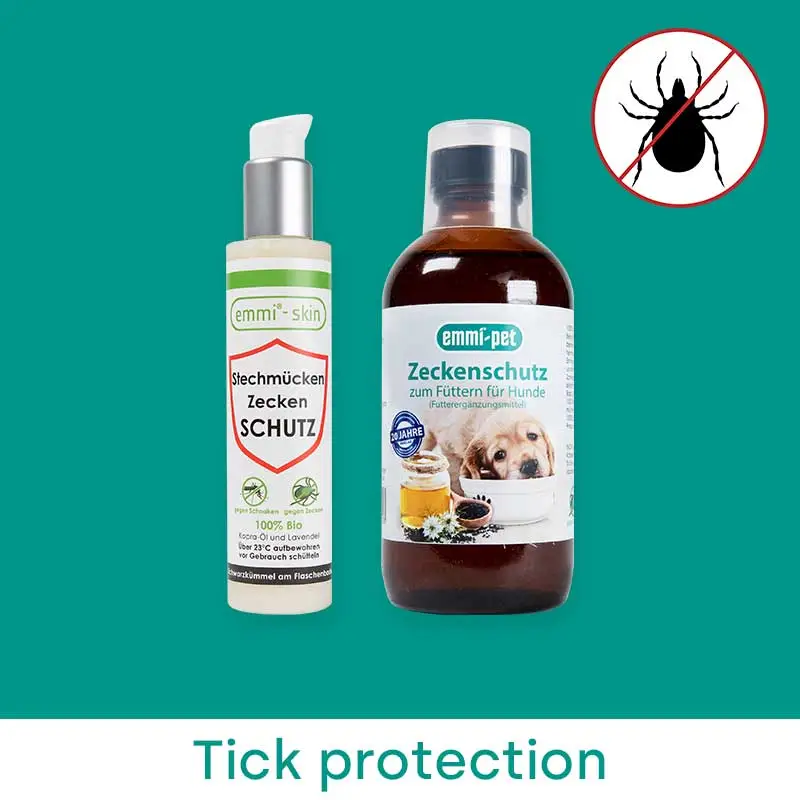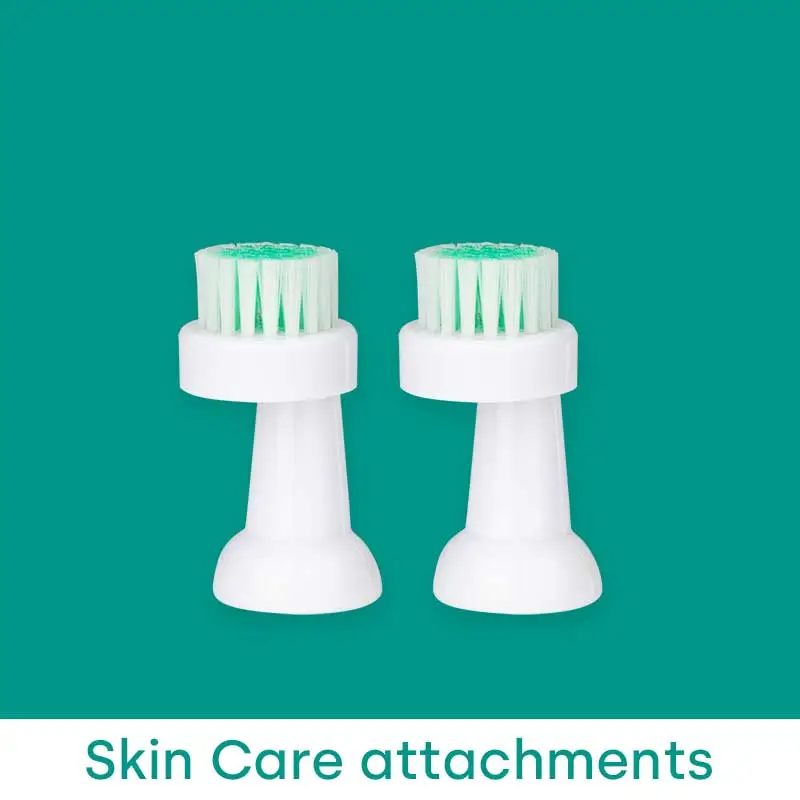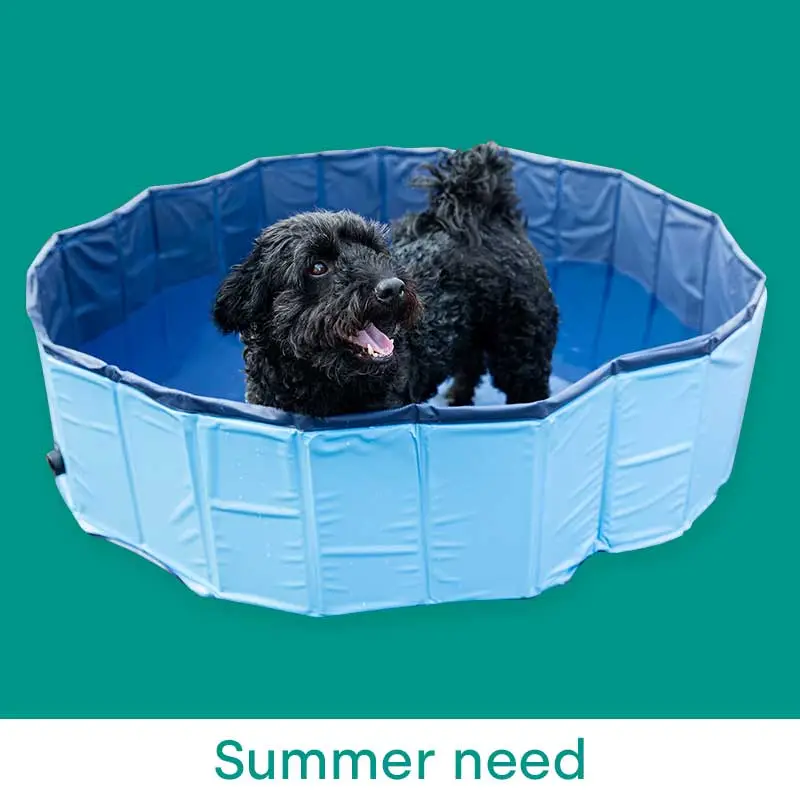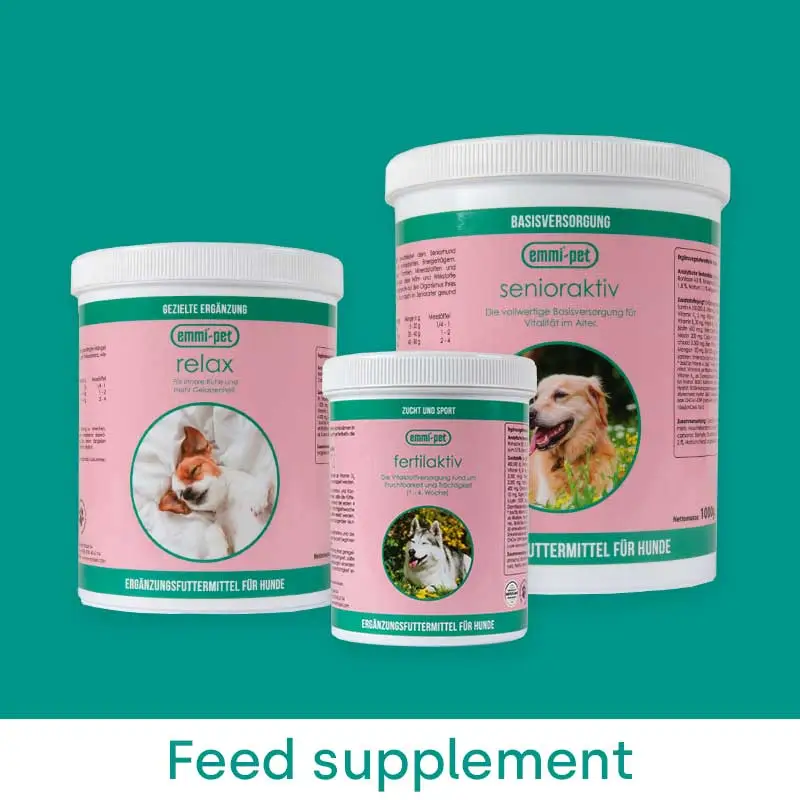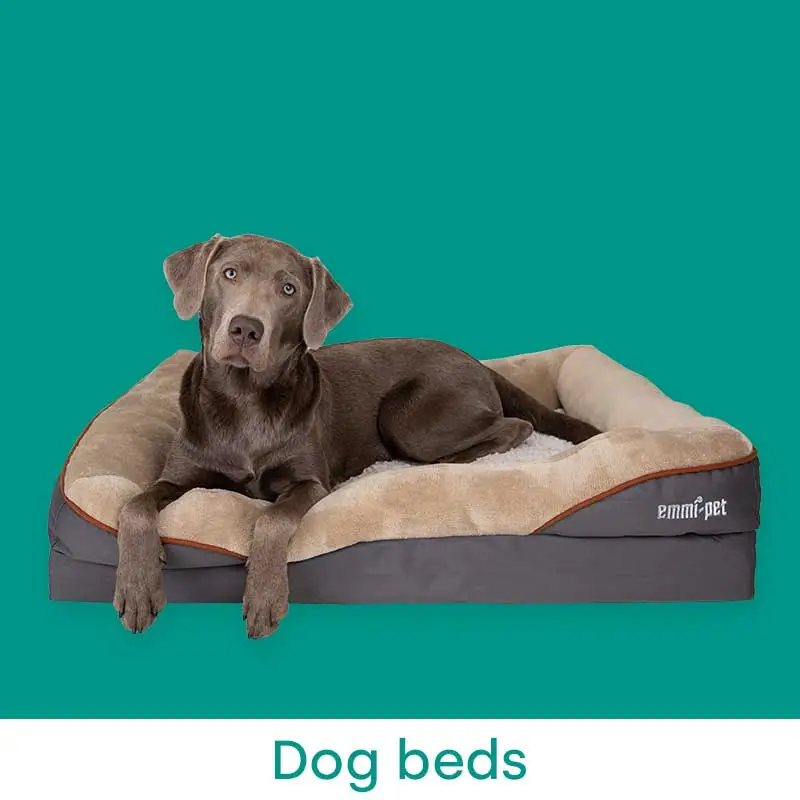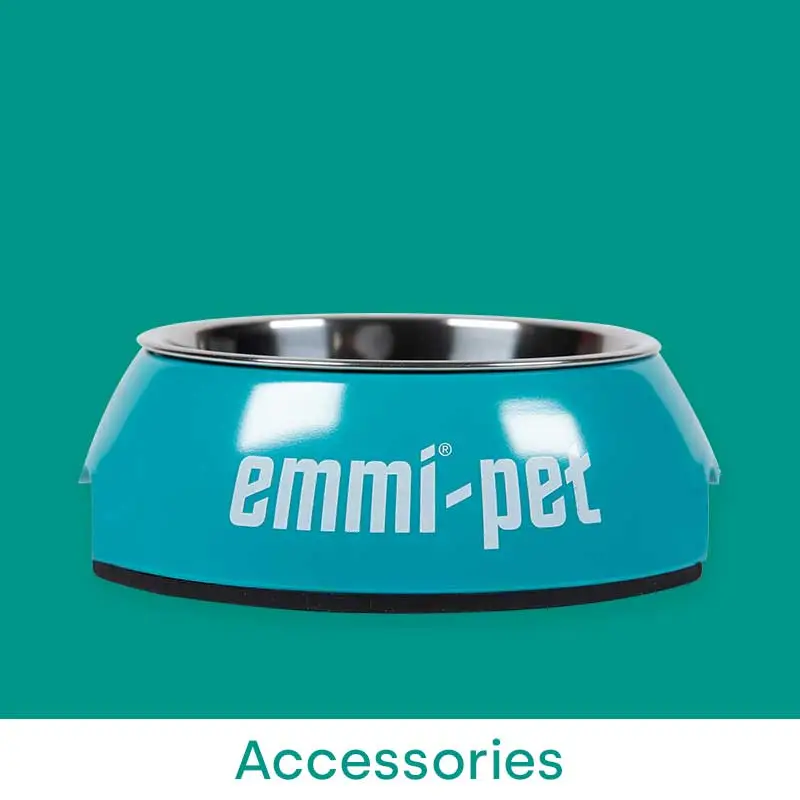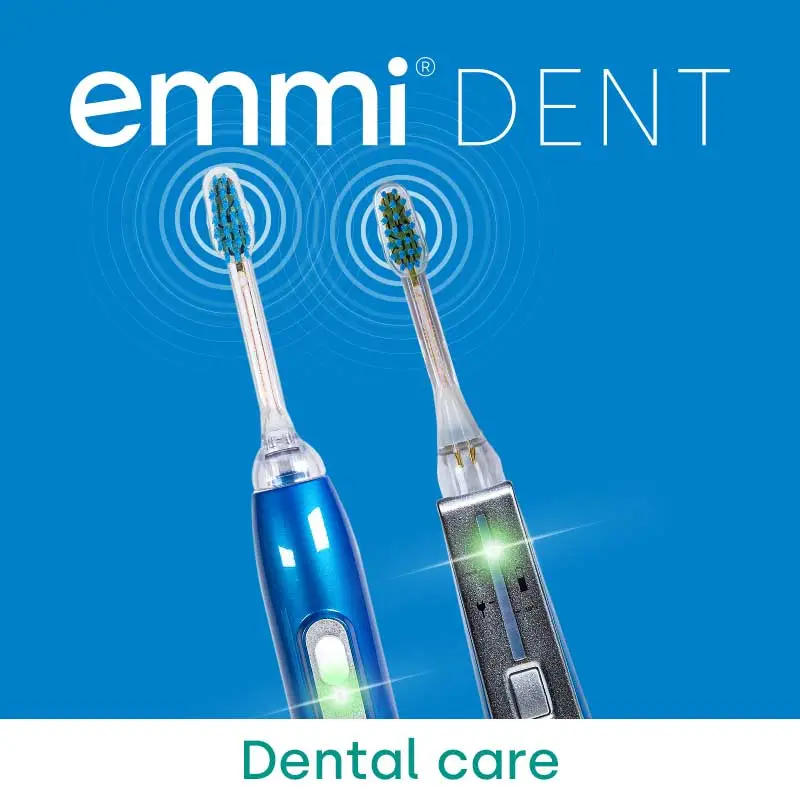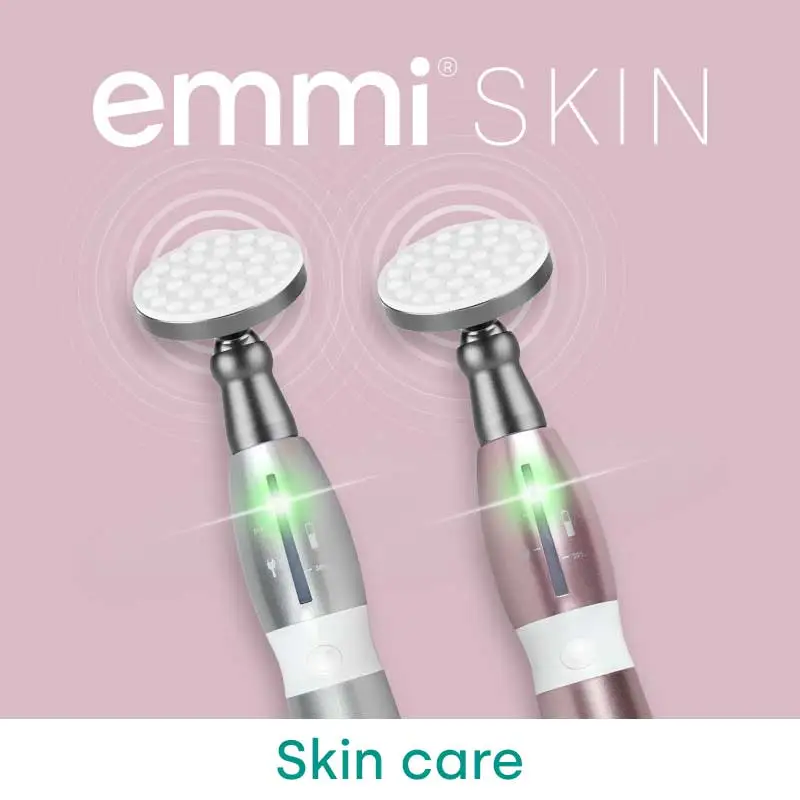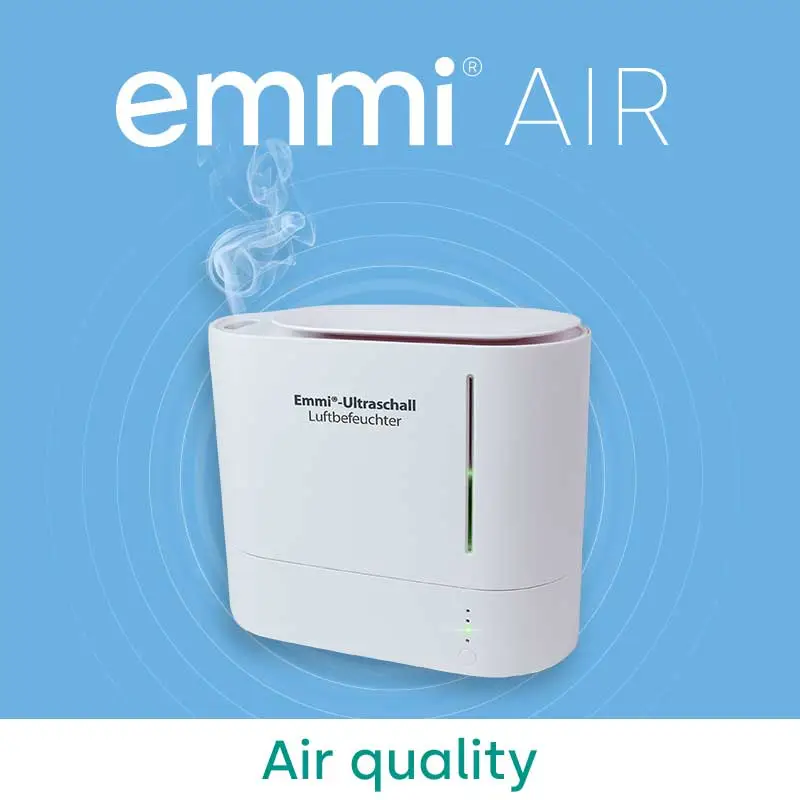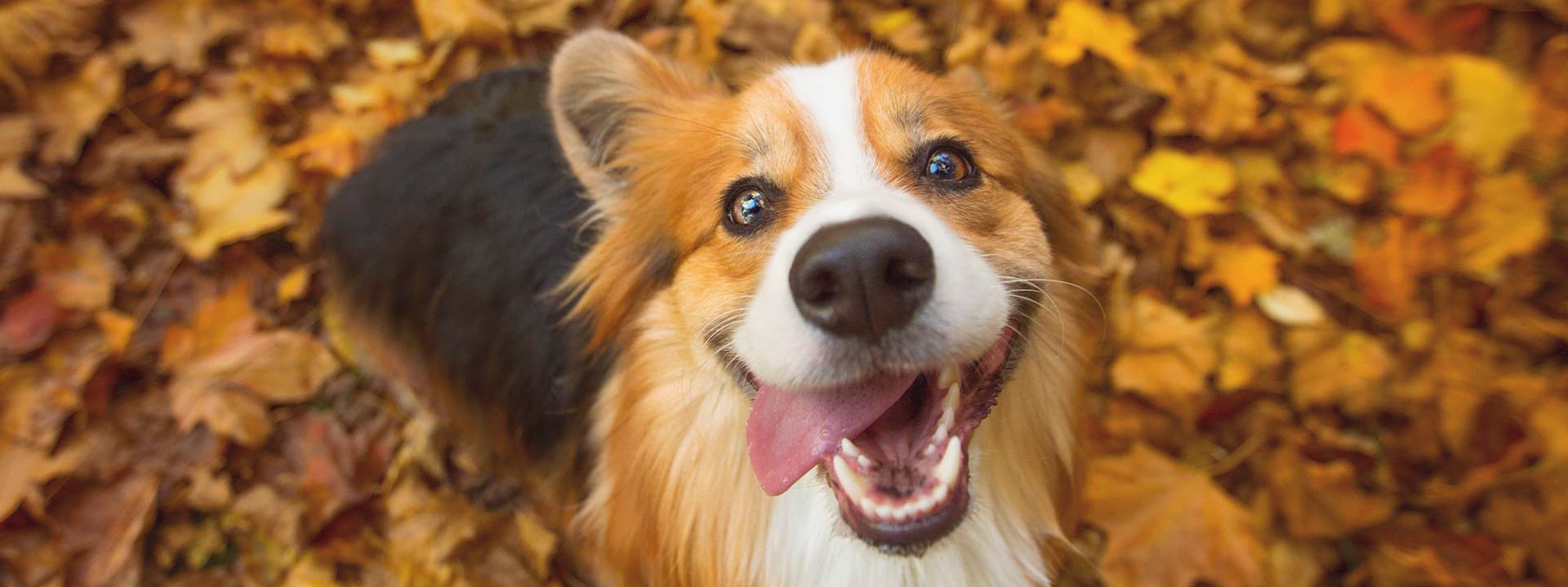
Have you ever wondered why dental care is so important for dogs? This question is on the minds of many dog owners, and the answer is crucial to the well-being of your four-legged friend. Proper dental care can drastically improve your dog's life. Did you know that dental problems such as tartar are not only unpleasant, but can also lead to serious health problems?
And that's not all: dental problems can have a significant impact on vital organs such as the heart and kidneys. Yes, that's right! This fact emphasises the need to take dental care seriously and make it part of the daily routine.
As responsible dog owners, we should see dental care for dogs not just as a duty, but as an opportunity to promote the well-being of our faithful companions. With a variety of aids, from special toothbrushes to tasty chews, it is now easier than ever to integrate dental care into everyday life.
Let's get active and make sure our dogs live a happy and healthy life, because investing in dental health is an investment in a long and healthy life for your dog. Below we have summarised 6 important facts for you.
1. basic dental problems and their prevention
How can you prevent troublesome dental problems in your dog? Care starts with a deep understanding of common dental conditions such as tartar and gingivitis. These culprits not only damage the gums, but can also lead to serious health problems. But don't worry, there are effective methods of prevention.
A regular and effective dental care programme is the key to a healthy dog's teeth. Daily brushing is ideal, but even cleaning two to three times a week can make a huge difference. Specialised toothbrushes and enzymatic toothpastes for dogs are excellent tools for keeping the mouth clean and healthy.
You may be wondering how you can seamlessly integrate dental care into your everyday life. This is where dental care chews, dental sticks or special chewing strips come in, which not only support your dog's dental health, but are also a lot of fun and make the daily care routine easier.
And if your dog is hesitant at first? Patience and positive reinforcement are your best tools here. Start dental care slowly and make it playful. Dental care doesn't have to be boring! Always remember: a healthy set of teeth means a happier, longer-living pet.
2. direct health benefits of regular dental care
The direct health benefits of regular dental care for your dog should not be underestimated. Beyond a bright smile, consistent dental care can significantly minimise the risk of tooth loss and serious disease. Tartar and plaque, the main causes of bad breath and gum problems, can be effectively controlled with adequate dental care.
But how exactly does dental care protect your dog's health? Regular removal of oral bacteria prevents these harmful organisms from spreading throughout the body and potentially leading to organ disease such as heart and kidney damage. It may sound scary, but this emphasises how critical preventative measures are - prevention is better than cure!
Although dogs' grooming needs are often seen as straightforward, dental care is often neglected. However, it is an essential part of everyday hygiene that has far-reaching effects on your dog's long-term health.
Regular dental care should be an integral part of everyday life - this applies to all pets, whether dog or cat. Proper dental care can pave the way to a longer, healthier life and offers impressive benefits.
3 Long-term health benefits
In the long term, dental care for dogs offers amazing health benefits. Regular dental care not only supports dental health and prevents tartar build-up, but also promotes healthy teeth and jaws.
What else happens in your dog's body as a result of good dental care? Optimum oral hygiene contributes significantly to improving heart function. A healthy heart remains more resilient, as the reduction of inflammation in the mouth means that fewer bacteria can enter the bloodstream. At the same time, good oral hygiene also has a remarkable influence on kidney function. The risk of kidney disease is reduced, which can significantly improve the longevity and quality of life of your four-legged friend.
A dog that regularly receives proper dental care enjoys a significantly improved quality of life. Lively adventures in the park, exuberant games and long walks - all this is only possible with a healthy and vital dog. We all want our dogs and cats to lead a full and happy life. The key to this is regular and thorough dental care.
4 Daily grooming practices
The daily grooming routine for a healthy dog should strongly emphasise dental care. How often do we brush our teeth? That's right, at least twice a day. Your four-legged friend deserves the same careful attention. These daily care practices ensure that tartar has no chance of settling. Toothbrushes with ultrasound, such as our emmi-pet, are real helpers here. They reduce plaque effortlessly and are gentle on the gums without irritating them.
If you're worried that brushing your teeth every day might be too intensive, don't worry. Brushing your dog's teeth just two or three times a week can bring significant benefits. It is important to make brushing your dog's teeth fun so that it always remains a highlight for your dog.
Why is regular dental care so important? Tartar can develop unnoticed and affect your dog's general well-being. Regular professional dental cleanings are also recommended to prevent long-term damage and provide additional protection. They are an essential part of comprehensive dental health.
To summarise: A healthy dog benefits enormously from a well-structured dental care routine. The right equipment and regular visits to the dentist are crucial for long-term health. And who knows? Maybe your dog will develop a real fondness for his emmi-pet toothbrush.
5 Integrating dental care into your pet's daily routine
Incorporating daily dental care into your pet's routine can be surprisingly easy and fun. Are you wondering how you can easily incorporate this essential care into your daily routine? The solution is easier than you think: turn dental care into a fun game.
Specialised dental care products such as chewing strips, toothpastes or dental care gels are particularly effective. These are not only helpful in reducing plaque, but also promote general dental health. A small routine that makes dental care fun can have a big impact. How about using the daily toothbrush as a toy at the same time?
Another clever approach is to integrate dental care into the diet. Specially developed food for dental care can work wonders and make oral hygiene a seamless part of your pet's daily life.
Remember that both dogs and cats benefit from a regular dental care routine. A healthy mouth is important for the well-being of all pets.
It may be a challenge at first, but with a little patience and fun, dental care quickly becomes a pleasant habit.
6. dealing with challenges in pet dental care
It is not uncommon for some dogs to refuse to have their teeth brushed, which can make dental care much more difficult to perform. This is where patience and positive reinforcement are crucial tools. Small rewards after every successful clean can actually work wonders and increase acceptance.
Sometimes it can be helpful to resort to alternative methods. For example, our emmi-pet Happy Pet Dental Spray can provide a surprisingly simple solution. This is particularly useful if your dog categorically refuses the traditional toothbrush. Another useful trick is the use of special chews that reduce tartar and thus support dental health without you having to intervene directly.
For dogs with special needs, a creative approach is often required. If your four-legged friend already suffers from dental problems, a visit to the vet could be useful to find a customised solution. Don't forget that dental care for dogs not only promotes oral health, but also makes an important contribution to general health.
With a little creativity and perseverance, dental care can be successfully integrated into everyday life. As many roads lead to Rome, it's worth trying out different methods to find out what works best for your dog.

